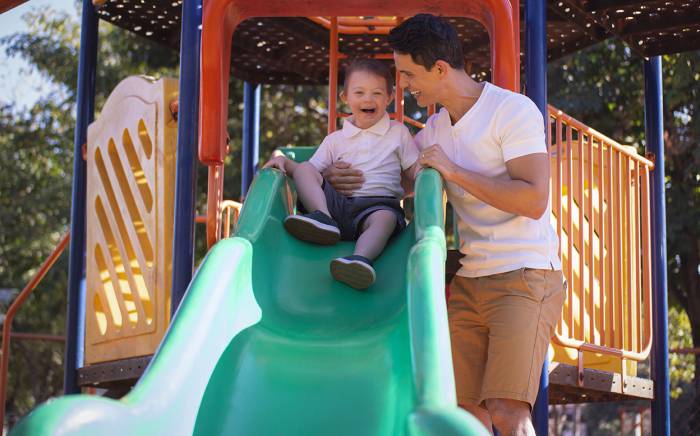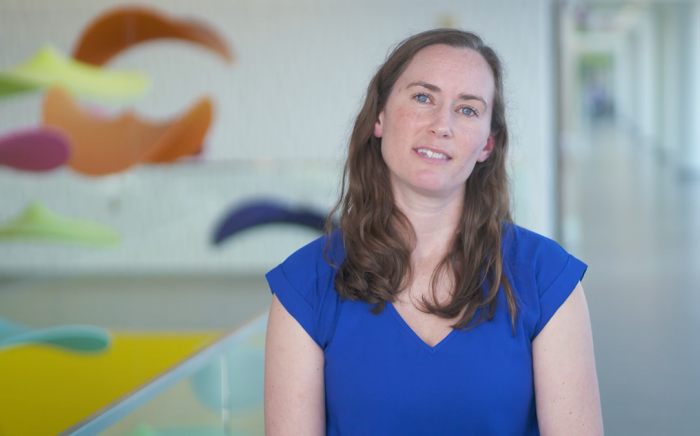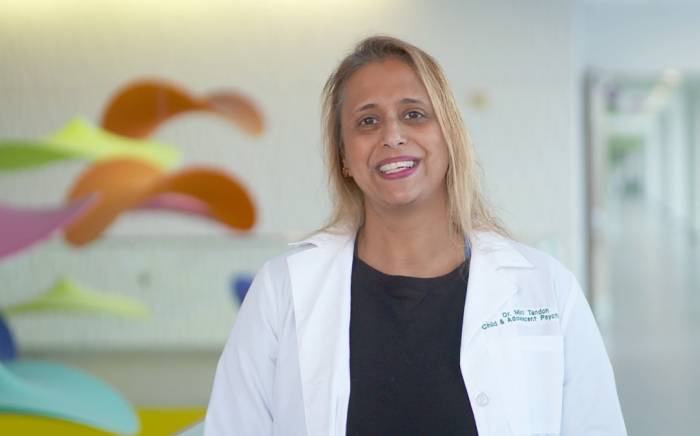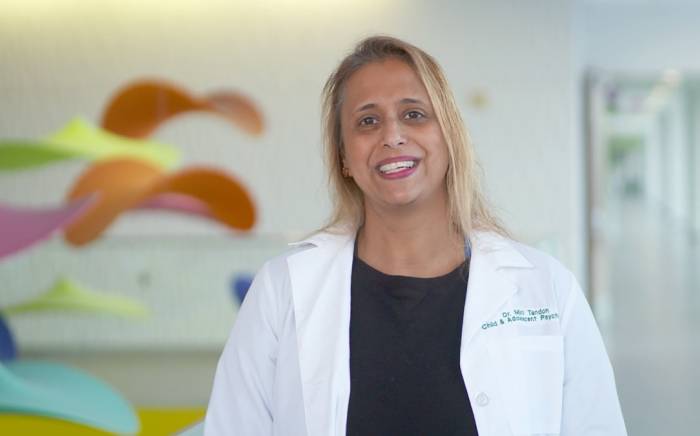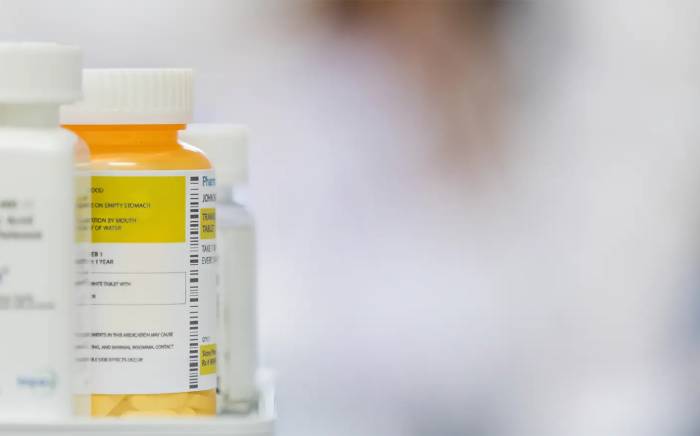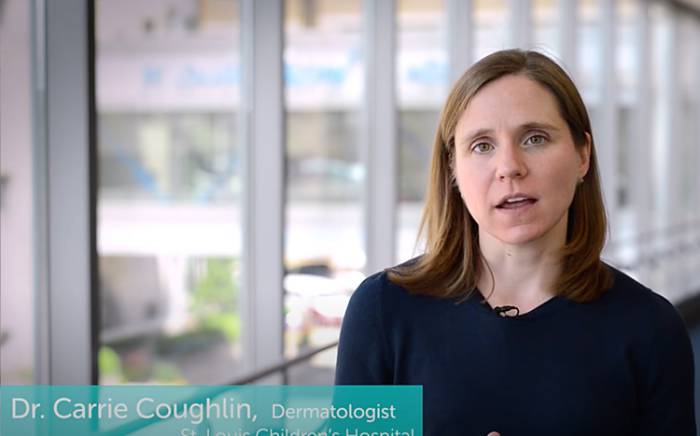At the Washington University Transgender Center at St. Louis Children’s Hospital, we’ve worked to create a safe and affirming space where kids and young adults can express how they feel and what they’re looking for.
We know that taking the first step of contacting us might bring up a variety of emotions. No matter how you feel, we know that you probably have a lot of questions about what to expect and what will happen next. We’ll work together to answer them.
Before Your First Appointment
When you make your first appointment, we’ll ask you to send any related medical records. This will alert our Transgender Center physicians to any existing medical conditions that may be affected by hormone therapy, such as epilepsy, migraines or blood clotting disorders.
During Your First Appointment
Your first visit will take between 60 and 90 minutes, allowing plenty of time to discuss your questions and concerns.
Our goal is to help our patients make the decisions that best meet their immediate needs and long-term preferences. Here’s how we do that:
- Emotional assessment and counseling referrals: We ask every patient about their physical and mental health, and levels of emotional support. We also screen for common mental health conditions, and we can refer patients to our affirming child and adolescent psychiatrist if necessary. In young children, this assessment and an informational discussion with a pediatric endocrinologist may be all that is needed until puberty.
- Gender dysphoria assessment: Gender dysphoria involves a conflict between a person's body or assigned gender and their gender identity. To assess for gender dysphoria, we review medical and gender history, emotional health and goals for treatment.
- Review of custody agreements: If you’re a patient’s parent, and you have a custody agreement with another parent or guardian, we will review and document it at the first visit. Please bring documentation of the custody agreement.
- Referrals to resources in the community, such as support groups.
What to Expect by Age
We know there are different issues and questions that arise at each age. In addition to the services listed above, here’s what you can expect at every age:
Ages 12 to 18:
- Beginning at age 12, all patients will have a private, confidential conversation with a Transgender Center team member.
- In Missouri, minors (youth 17 and under) have the right to consent, and therefore the right of confidentiality, for certain tests and treatments. These include testing and treatment of STDs, pregnancy testing and care, contraception, and substance use treatment. We may not need to perform any of these tests but, if we do, your child will have the right to consent even if they are younger than 18.
Age 18 and up:
- Patients have the choice whether to include their family and loved ones in the decision-making process, and can grant others access to their medical records.
- For patients who are interested, we’ll be happy to discuss gender affirming surgery. We can provide comprehensive mental health care throughout the surgical process and answer any questions you may have about insurance.
- We accept new patients up to age 18. For established patients, we do follow-up care until they transition to adult providers, or up to the maximum age of 22.
For patients of all ages, we’ll be there to provide support and help navigate social and medical transitioning — every step of the way.

